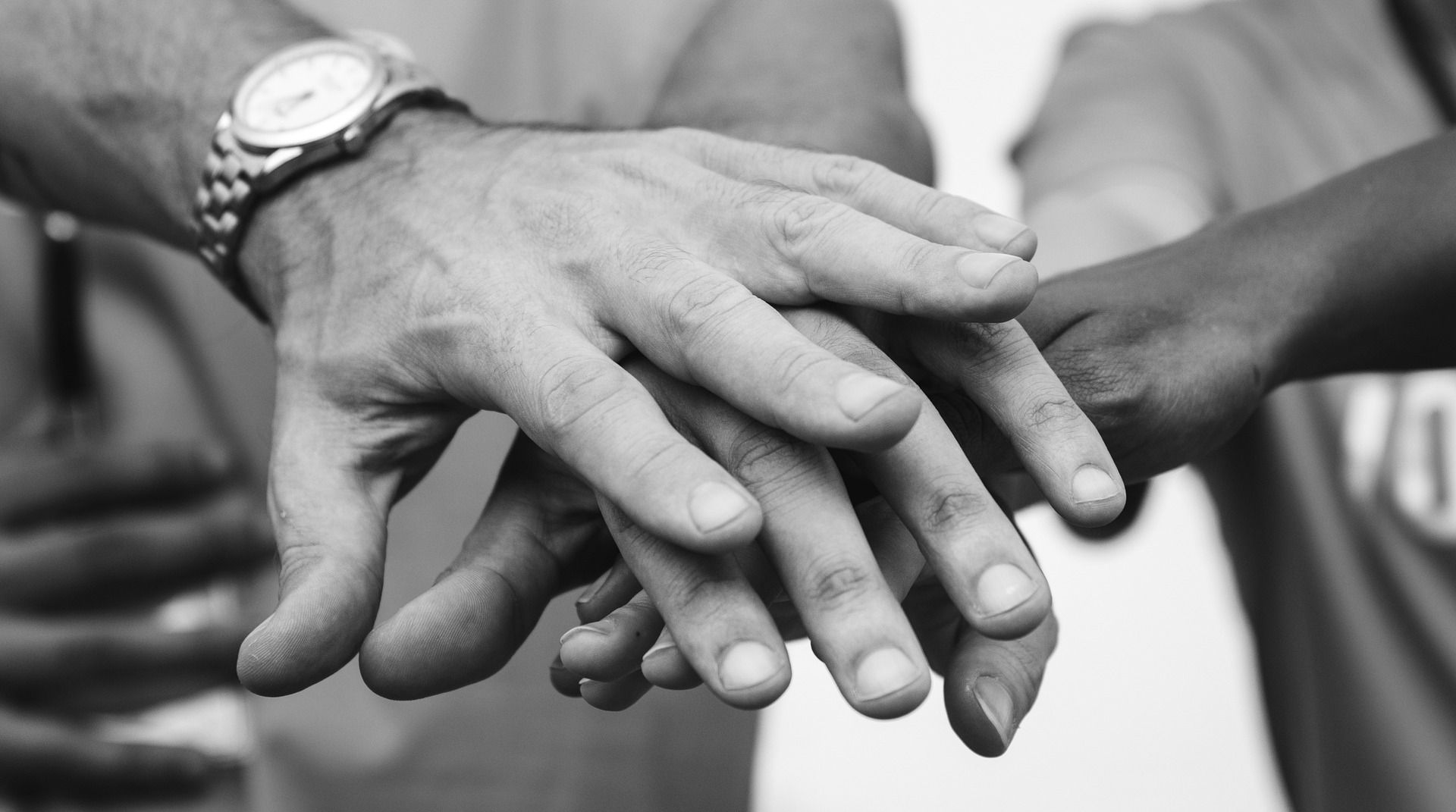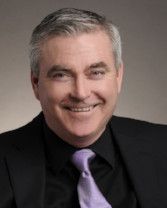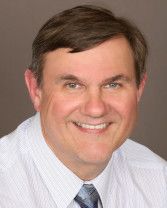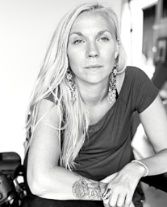Board of Directors
-
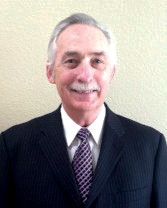 Mike Burris - President
Mike Burris - PresidentMike (of Colorado Springs, Colorado) received his B.A. from the University of Iowa and has an M.S. in Systems Management from the University of Southern California. Mike has more than 35 years of experience in the world of space exploration. He served as an Air Force intelligence officer from 1977-1982. After he left the Air Force, he went to work at Science Applications International Corp. (SAIC) before retiring as an Assistant Vice President at the end of 2011. During his career, he worked on several space related activities such as the building of the Air Force’s Consolidated Space Operations Center, the Air Force Satellite Control Network, NASA’s X-43 hypersonic research vehicles, and the replacement for the Space Transportation System. Prior to joining the U2FP Board he served on three boards; he served 10-years as a school board member for the Lewis-Palmer School District #38 in Colorado during the 1990s, he was a member of the International Astronautical Congress (IAC) Space Transportation Committee from 2004-2011, and he is currently a member of Rehabilitation Institute of Chicago (RIC) Foundation Board. In July 2009 while body surfing Mike suffered a C4 incomplete SCI that, although he is ambulatory, still impacts him today. Being on the U2FP Board provides him the opportunities to advance the goals of our community and advocate for all of us to live our best possible lives. Mike was elected to the role of Board President in the spring of 2019.
-
Barry (BA, LLB) is the Chief Development Officer of the Canadian Spinal Research Organization and the Ontario Neurotrauma Foundation; he also serves as director of the American Spinal Research Organization. In 1987, Barry sustained a spinal cord injury in a diving accident, which resulted in quadriplegia. He has sat on multiple boards advocating for people with disabilities and particularly spinal cord injury research. Barry graduated from Law School in 1994 and was called to the Bar in 1996. He practiced personal injury law for over 10 years. His legal experience combined with 30 years of practical experience living with a spinal cord injury make him a formidable advocate for the disabled community. Barry has dedicated his life to assisting people living with disabilities and improving their quality of life.
-
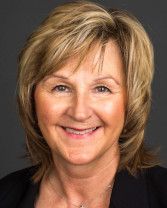 Michele "Shelly" Towle
Michele "Shelly" TowleMichele (of Bismark, North Dakota) is the Assistant Director of the Spinal Cord Injury Program at DP Clinical, Inc., located in Rockville, MD. Michele has 18 years of experience in SCI clinical research. She became a study coordinator starting in 1999 when she began working with spinal cord injured patients enrolled in clinical trials. Through this early experience she came to understand the impact of a spinal cord injury, not only for individuals but also for their families and communities. Michele then moved on to monitor and manage SCI clinical trials for DP Clinical since 2003. DP Clinical is a Contract Research Organization (CRO) specializing in Spinal Cord Injury (SCI) Phase I-IV clinical programs for pharmaceutical, biotech, and medical device companies. Over the years, Michele has seen many SCI clinical trials halted due to slow enrollment and the prohibitive cost, leaving SCI patients without a potentially beneficial new therapy. Research needs to succeed, and there remains a need for meaningful contribution to the efforts in spinal cord research. Michele advocates for better-designed protocols and validated efficacy tools to be used in clinical trials. Working with so many talented individuals with SCI expertise and a commitment to research, makes Michele ask, “how can I as a non-scientist help to advance research and clinical trials that will provide a breakthrough for spinal cord injuries?”
-
Alexander “Sasha” Rabchevsky (BS, PhD) is a tenured Professor of Physiology at the University of Kentucky, College of Medicine and is a core member of the Spinal Cord & Brain Injury Research Center. He is, himself, paralyzed from the chest down as the result of a motorcycle accident in 1985 which fractured his sixth thoracic vertebrae rendering him a complete T5 paraplegic. His research efforts have ensured continued extramural funding while gaining him international recognition as a leading expert in both mitochondrial dysfunction and autonomic pathophysiology following spinal cord injury, particularly the development of a hypertensive syndrome termed autonomic dysreflexia. It is the latter condition that he himself experiences on a regular basis, and his studies have advanced our understanding of how to monitor and treat such an insidious disorder. He has and continues to serve on various study sections, both federal and private, is associate editor and reviewer of various scientific journals, and his distinct studies have been funded by the National Institutes of Health, the International Spinal Research Trust, the Paralyzed Veterans Administration, the Craig H. Neilsen Foundation, the Commonwealth of Kentucky, and the University of Kentucky.
-
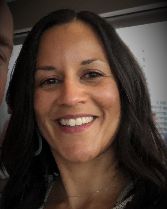 Christel Mitrovitch
Christel MitrovitchChristel Mitrovich is a proud San Diego native and graduate of San Diego State University where she earned her MS in Exercise Physiology. Christel is Director of Operations for Reneu Health, Inc., a Southern California team of clinical kinesiologists specializing in restorative exercise and activity-based therapies. Since beginning her career in 2002, Christel has helped to advance the field of neuro-recovery and expand the reach of post-traditional rehabilitation services through her leadership and educational development of new practitioners. Christel has worked side-by-side top researchers and practitioners in the field of SCI rehabilitation, logging several years as a Facility Director for the NeuroRecovery Network and lending her expertise to numerous research projects. Over the years, Christel has worked closely with countless patients and their families and made many friends in the SCI community. She has dedicated her career to advancing the field of neurorehabilitation, working to develop and bring new
treatment options to those fighting paralysis. Christel is honored to join the Unite 2 Fight Paralysis Board of Directors and looks forward to contributing all she can to find a cure.
-
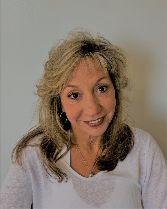 Traci Fernandez
Traci FernandezTraci has owned and operated numerous organizations throughout her career and has held Executive positions at several Fortune 500 companies. Currently, Traci is a
Founder and Managing Partner at TRYAbility in Chicago. TRYAbility provides Intensive Activity Based Rehabilitation services to individuals with Paralysis. TRYability’s mission
is to help patients optimize their recovery, maintain long term health and foster a connected community. Prior to TRYAbiity, Traci was a Founder and President of 3C Compassionate Care Center. As a founder of 3C, Traci successfully opened and operated two of the largest Medical Marijuana dispensaries in Illinois. Traci also was a Founder and President of Operations at iGenMedia, an application software and development company. Before opening iGen, Traci held Technical and Executive roles at Arthur Andersen, IBM and the Tribune Company. Throughout her career, Traci has excelled at both Technical and Executive positions and was twice awarded Employee of the Year for her contributions. Traci received her bachelor’s degree in Information and Decision Sciences from the University of Illinois. In addition to working with U2PF, Traci founded the United Paralysis Organization after becoming paralyzed in 2008 from Transverse Myelitis. Since founding the charity, Traci has worked as an advocate, raising monies to find a cure for neurological conditions and promoting therapies for those with Spinal Cord Injuries.
Staff
-
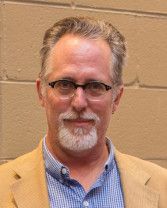 Matthew Rodreick - Executive Director
Matthew Rodreick - Executive DirectorMatthew (of Minneapolis, Minnesota) entered the SCI community after his son Gabe sustained a C5 injury while body surfing in Costa Rica. After leaving his position as Emergency Department Operations Supervisor for the Fairview Health System, he and Gabe traveled the world in search of the best therapeutic options, only to end up back in Minnesota advocating for cure research. Matthew led a coalition of Minnesota SCI community advocates and researchers to leverage the state legislature in pursuit of public funding for SCI research. In 2012 he made a short documentary film featuring then Minnesota Viking punter and Twitter celebrity Chris Kluwe, spending a day in a wheelchair. The screening of “Chris Kluwe Rolls A Mile In Someone Else’s Wheels” kicked off their 2013 legislative campaign. The bill was passed in 2015 as the MN SCI/TBI Research Grant Program, and Matthew is now working with advocates in Washington and Pennsylvania to pass similar legislation. He credits U2FP and Working 2 Walk with providing the knowledge, focus and energy to see the real possibility of an end to the debilitating effects of paralysis.
-
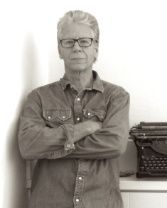 Sam Maddox - Scientific Advisory Board Director
Sam Maddox - Scientific Advisory Board DirectorSam Maddox (of Los Angeles, California) is former Knowledge Manager and spinal cord injury research writer for the Reeve Foundation. He is the author of several books related to chronic health and paralysis, including four editions of the Paralysis Resource Guide, published by the Reeve Foundation. In 1992 Maddox wrote the first comprehensive history of spinal cord injury research, The Quest for Cure: Restoring Function After Spinal Cord Injury. He wrote and published the widely acclaimed resource book Spinal Network, and is founder of New Mobility magazine. Maddox was a panel member on The Consortium for Spinal Cord Medicine, which develops and disseminates evidence-based clinical practice guidelines to professionals and consumers. He is currently writing and producing books as a resource for the newly injured: SCI: First 90 Days. He has been a reporter for many magazines, including Time, Money and People. Maddox is a graduate of the University of Colorado, where he taught in the School of Journalism.
-
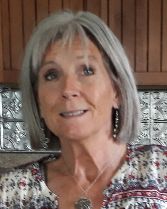 Mary McMenamy - Team U2FP Director
Mary McMenamy - Team U2FP DirectorMary is filled with enthusiasm and a passion for the Marathon process. Having run 14 marathons herself, including the Boston Marathon, Chicago , and Twin Cities Marathon, she knows intimately the many challenges marathon training presents. Mary has a BA from the University of Minnesota in Journalism, Mass Communication and Psychology. She was in sales, branding, and marketing for 25 years. After she took a few years off to ride her BMW motorcycle around the country, she returned to college in 2011 to earn her license in Drug and Alcohol Studies and currently works with men and women transitioning from prison back to the community. An athlete all her adult life, Mary currently enjoys skiing, scuba, biking, gardening, and breaking glass to make mosaic art. Mary considers herself "differently-abled" since sustaining an SCI in 2013 and finds the curiosity and adventure are in the discovery of how to do things differently.
-
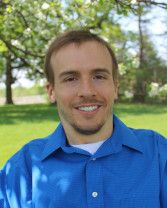 Jake Beckstrom - C.A.N. Manager
Jake Beckstrom - C.A.N. ManagerJake Beckstrom is from Watertown, Minnesota. At the age of 16, Jake had a diving accident in a backyard pool and sustained a C4-6 spinal cord injury. A lifelong love of hunting, fishing, and the outdoors led him to pursue a path of environmental sustainability. He received a B.S. in Environmental Science at Southwest Minnesota State University, and in 2015, he received a law degree and master's degree in Environmental Law and Policy at Vermont Law School. Jake is eager to use his experience in public policy and advocacy to work with the Cure Advocacy Network to lobby for smarter spinal cord injury research funding and find a cure for paralysis.
-
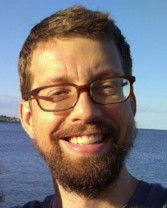 Ryan Romine - Program Manager
Ryan Romine - Program ManagerRyan (of Minneapolis, Minnesota) has worked in managerial and administrative roles at mission driven organizations for the last 15 years. He has a strong background in communications, customer service, and project management. Impressed by U2FP’s vision to end paralysis rather than simply accommodate it, Ryan is honored to lend his efforts in the comprehensive fight for a cure.
-
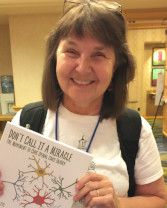 Kate Willette - Contributing Writer & CureCast Host
Kate Willette - Contributing Writer & CureCast HostKate (of Bellevue, Washington) is a writer and activist. She holds an M.Ed and a BA in mathematics, both from the University of Washington in Seattle. When her husband broke his neck skiing in the spring of 2001, she gradually became determined to use her skills to further the cause of a cure for spinal cord injury. She published a memoir (Some Things Are Unbreakable) in 2003 that has won high praise from editors and readers alike. Her articles about the state of research science and the men and women who are engaged in it have been published in the United States, Norway, and online. In recent years she’s enjoyed writing colorful, reliable, real-time narratives of U2FP events with a series of live blogs that are widely read and disseminated in the spinal cord injury community. In September of 2015 she published Don’t Call It a Miracle: The Movement to Cure Spinal Cord Injury. This book is a must-read for advocates, a lay-friendly, beautifully illustrated summary of the scientific, regulatory, and funding problems to be solved, and what you can do to speed things along.
-
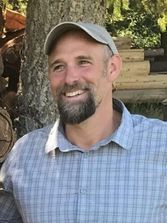 CureCast Host
CureCast HostJason Stoffer lives in the Rockies of Northwest Montana with his wife and three children. He has a B.S. degree in Natural Sciences/Biology from the University of Alaska, Anchorage. Jason's love of outdoor adventure led him to work and play there as a mountaineer, long distance hiker, wild-land firefighter, search and rescue technician, EMT, and Law Enforcement Officer. A single vehicle rollover on his commute to work one morning resulted in an L1 Spinal Cord Injury (SCI) and paraplegia. He has now turned his energies toward SCI cure advocacy and participates as a co-host on the CureCast podcast.
-
Kelsey Peterson (of Minneapolis, Minnesota) received her BA in dance in 2008 from the University of Montana, and has since pursued choreography, as well as teaching dance and yoga. Since her spinal cord injury in 2012, she has been pursuing other creative endeavors. After working on the board of Get Up Stand Up to Cure Paralysis out of Minneapolis, she has embarked on her film-making journey with The Cure Map (currently in post-production). Kelsey hopes that her personal reflections on what it's like to live with a SCI will help incite action, and inspire others to join the movement to finding cures more quickly.
-
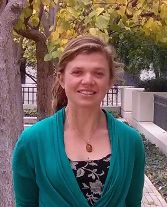 Alina Garbuzov - Contributing Science Writer
Alina Garbuzov - Contributing Science WriterAlina Garbuzov (of San Diego, California) attended Brown University for her undergraduate degree, where she studied Neuroscience and Molecular Biology. After Brown, she moved to California to attend Stanford Graduate School. During her PhD studies she fell while rock climbing and fractured her L1 vertebra. Alina was able to re-start school and complete her dissertation in the field of stem cell biology and genetics. After her fall, she came to the realization that in order to keep doing science she needed to align her personal interest and her work focus. Her personal experience and the people she met through adaptive sports created a new, deep drive to contribute to a field with many promises, but still no therapy in the clinic. Alina recently started a post-doctoral position in the lab of Mark Tuszynski at the Center of Neural Repair at UCSD Medical School. She is bringing expertise in molecular biology, stem cell biology, and bioinformatics to a lab that specializes in stem-cell based treatment for SCI. She also hopes to contribute as a patient and to be a voice for the SCI community in this top research lab. She feels passionately about science communication and wants to help her community understand the latest science to drive smart decision-making both for personal health and for setting research goals.

